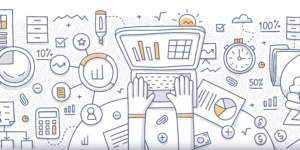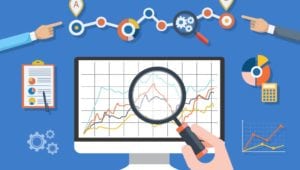December 18, 2017
Responsible Data Vs Data Transactions: The Coming Culture Clash
This piece was originally published here by the Social Impact Lab (SIMLab). SIMLab is a recipient of a 2016 Digital Impact Grant as part of the Good Data Collaborative in partnership with the Center for Democracy and Technology, Future of Privacy Forum, and The Engine Room. SIMLab’s recent consultation on responsible data in practice demonstrated […]









